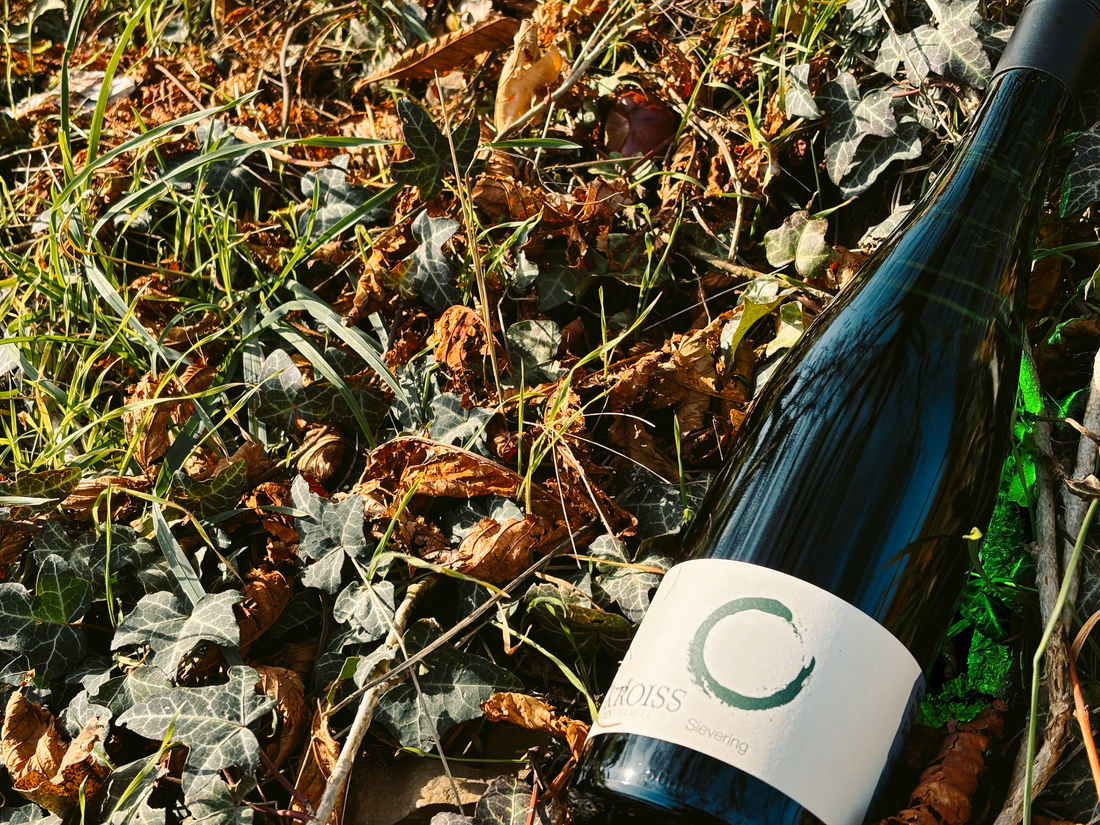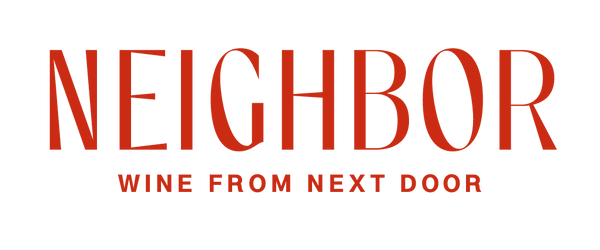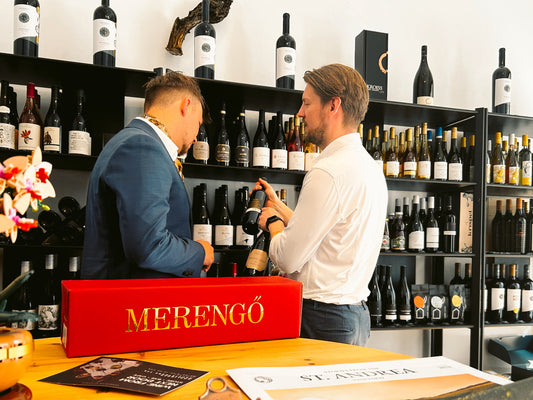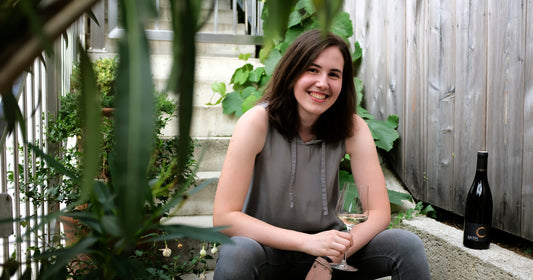
Winemaker Spotlight - Julia Kroiss
Share
This November, our featured wine and winemaker is the Alte Reben Riesling from Kroiss Winery. For this occasion, I asked Julia some questions, and as always, she kindly answered all my questions. Let's dive into this special Riesling.
Balazs Eri: Hello Julia. Thank you very much for your time. Let's get started. What's one thing you wish more people knew about Riesling wines?
Julia Kroiss: Hello, my pleasure. Riesling is a variety with incredible potential, and people should often give the wines more time.
BE: What does "Alte Reben" mean, and how does it influence the characteristics of your Riesling?
JK: Our "Alten Reben" are over 40 years old and grow in our Ried Hackenberg vineyard. In general, we prefer working with older vines because they are already deeply rooted and no longer at their peak yield performance. This means, on the one hand, better supply through the roots and soil, and on the other hand, slightly lower yield, which translates to better quality.
BE: What inspired you to create the Julia Kroiss Alte Reben Riesling?
JK: Our Riesling Sievering Alte Reben is our local wine and the entry point into our range of Rieslings. It is a bit more acidic, but still pleasantly drinkable due to the extract. The idea was to give our customers/guests a small insight into the potential of Riesling with a wine that can be enjoyed every day.

BE: Could you describe the process of making the Julia Kroiss Alte Reben Riesling from vineyard to bottle?
JK: Already in the vineyard, we rely heavily on manual labor, including hand-picking. The carefully harvested grapes are gently destemmed and pressed. The must then goes into a stainless steel tank and ferments coolly. The wine stays on the fine lees until around April and is then bottled, allowing some time in the bottle before it goes on sale.
BE: How would you describe the flavor profile of the Julia Kroiss Alte Reben Riesling?
JK: Calm and reserved, with hints of peach, vineyard peach skin, herbal-spicy; on the palate, it shows varietal character, an animating, fresh acid structure, crisp apricot, dried apricot, lively and drinkable, good juiciness in the finish.
BE: What are some of your favorite food pairings with this Riesling?
JK: Many different dishes actually go well with it. Some ideas would be Asian dishes, but also many vegetarian courses and various fish.
BE: What do you think sets your Riesling apart from others on the market?
JK: In our winery, we generally work very close to nature and with minimal intervention. We try to bring the terroir purely into the bottle. This also applies to our local wines. So you can say that in my Riesling, you find specific characteristics of the site/soil, but also the personal signature of the winemaker.

BE: Do you have any advice for someone who is new to Riesling and wants to explore this varietal?
JK: Riesling is a very versatile variety and is strongly represented in both Austria and Germany. This, of course, brings great diversity and variety (both in terms of soil influence and winemaker's signature). It's best to simply try and browse around to find the right soil for yourself.
BE: What's the most rewarding part of being a winemaker for you?
JK: It's a very varied profession. It's nice to be in the fresh air in the vineyard one day, in the cellar the next day, and then to sit in the office (because that is also part of it ;-) ). Tastings with guests and various events are also fun, but the highlight of the year is, of course, after the harvest when you stand in the cellar with the family and taste the new vintage.
BE: Are there any exciting projects or new wines you're working on that you can share with us?
JK: We always strive to work close to nature and intervene as little as possible. But that doesn't mean less work. We always have to keep an eye on the vineyards and ensure a good balance and vine health. You never stop thinking about what can be improved. Otherwise, we are currently making the final small adjustments to the assortment to implement the origin pyramid more clearly and structured in the business.
BE: When can people visit your Buschenschank to get to know the food and wines?
JK: Our Buschenschank is open every odd month (January, March, May, July, September, November). Mon-Fri from 15:30, Sat, Sun, and holidays from 15:00.
Thank you very much, Julia, for the exciting conversation and the interesting insights into your Alte Reben Riesling. It's always inspiring to learn more about the passion and dedication that goes into every glass. We wish you continued success and look forward to tasting more of your wines.










